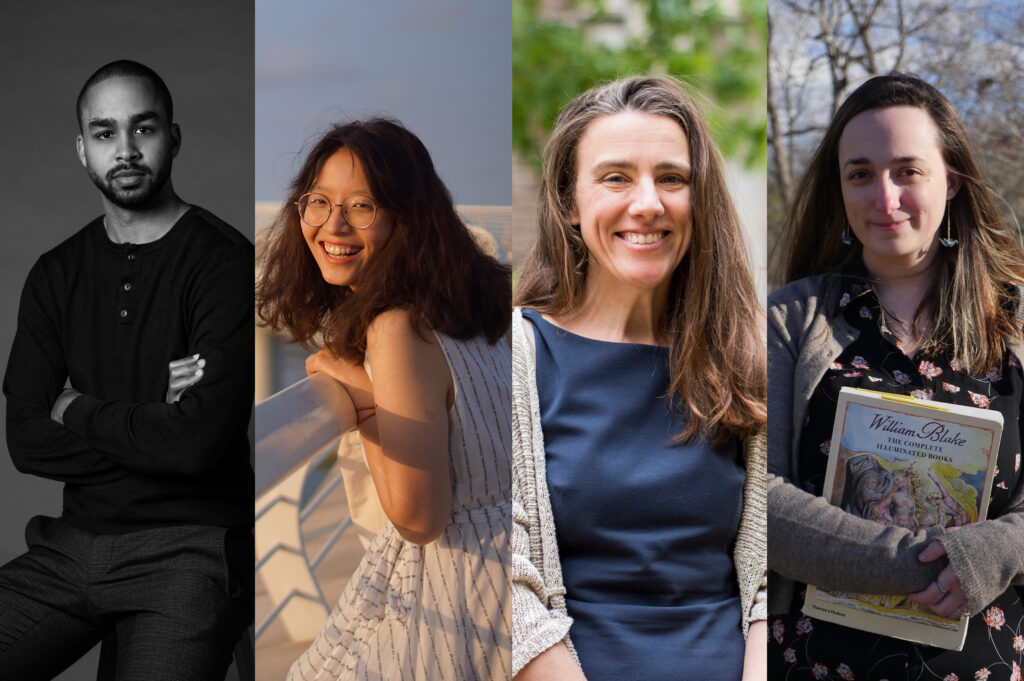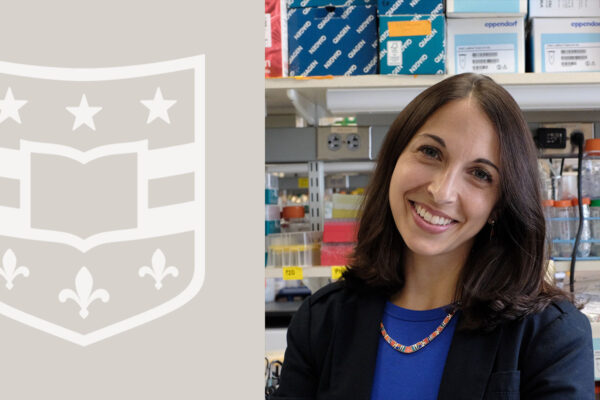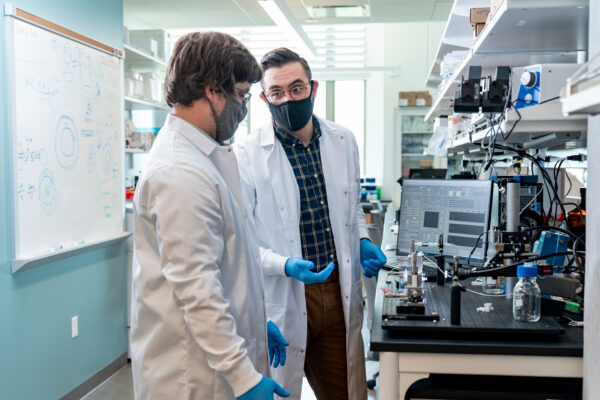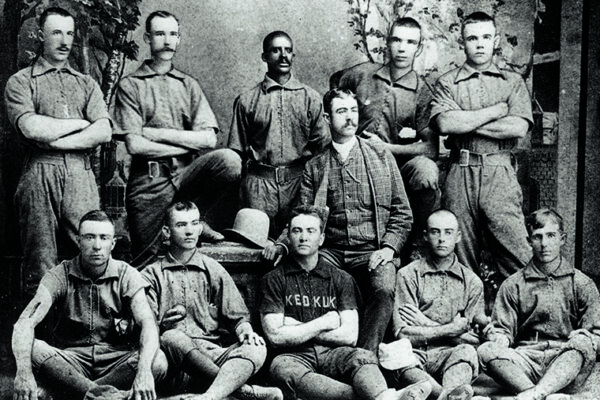Three WashU faculty members and one doctoral candidate, all in Arts & Sciences, have won 2025 fellowships from the American Council of Learned Societies (ACLS).

Yannick Coenders, an assistant professor of sociology, studies the intersections of race, urban space and colonialism. The ACLS fellowship will support his current book project, “Dispersal: Governing Against the Ghetto in Post-World War II Europe,” which examines how, since the 1950s, U.S.-based anti-Black anxieties about “the ghetto” became central to urban race governance in western Europe. Focusing on Birmingham, England, and Rotterdam, Netherlands, “Dispersal” will trace the emergence of a new transnational discourse about race and space that coalesced around opposition to residential concentration of nonwhite populations.
Qimeng Duan is a PhD student in anthropology, specializing in archaeology. Her award, the Luce/ACLS Travel Grants in China Studies, will support “Cultivating the Past: Lost Crops in Neolithic and Bronze-age China,” which examines the potential domestication pathways of neglected crops. Focusing on Chenopodium album and Echinochloa crus-galli, Duan aims to better understand ancient agriculture and its potential for enhancing sustainability today.
Anya Plutynski, a professor of philosophy, studies the history and philosophy of biology and medicine. Her latest book project, “Making Mental Health,” draws on her experience and training as a psychotherapist to explore the emergence of psychotherapy and how its clinical practice informed, and was informed by, shifting theories and explanations of “mental health” and “evidence-based” practice. Plutynski asks: What exactly is this thing called “mental health”? Does psychotherapy promote it? And how do we know?
Sarah Weston, an assistant professor of English, studies 18th- and 19th-century literature and art, with a particular focus on William Blake, Romanticism and the history of science and mathematics. Her award, the ACLS Morton N. Cohen and Richard N. Swift Fellowship, will support “The Cypher & The Abyss,” a cultural history of zeroes and ones — from the invention of binary in 1679, by Gottfried Wilhelm Leibniz, through Charles Babbage’s creation, in the 1830s, of the Analytical Engine, widely considered the first computer.
Founded in 1919, the ACLS is one of the nation’s preeminent scholarly organizations, dedicated to development and circulation of humanistic knowledge. Fellowships are open to scholars in all disciplines of the humanities and related social sciences. In all, 62 scholars chosen by peer review from a field of more than 2,300 applicants. Learn more on the ACLS website.


